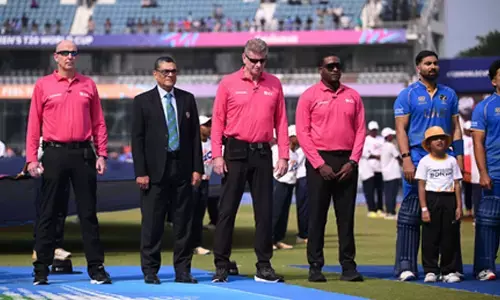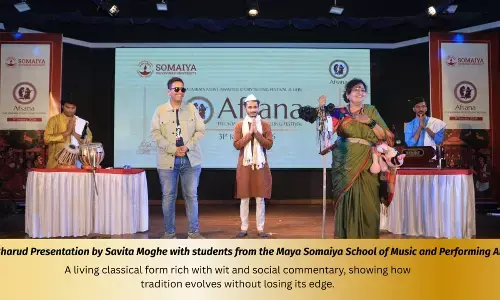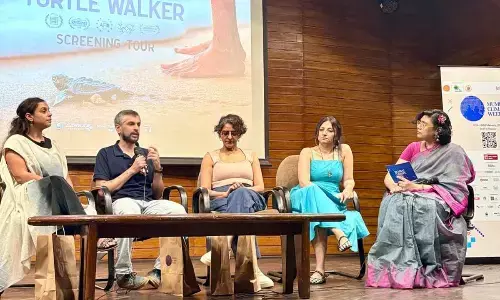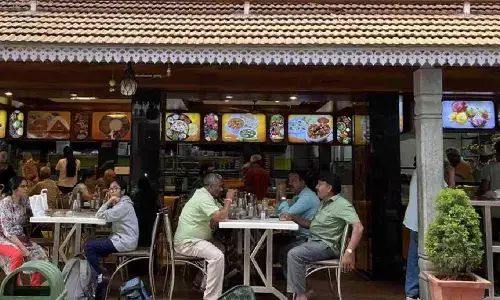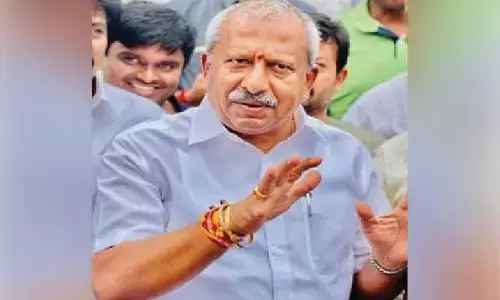MP by polls offer insight on natives, Naxals, nationalists
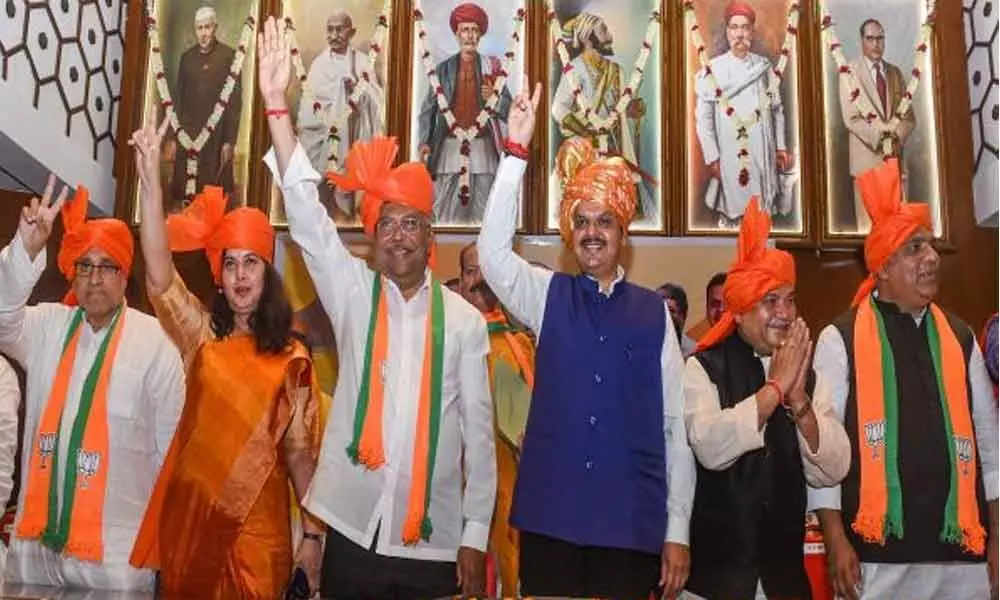
Coming on the eve of the Foundation Day of both States, the by-election results from the tribal belt of Jhabua in Madhya Pradesh and Chitrakote in Chhattisgarh offer vital takeaways for diverse practitioners of ideologies - the Leftists, the Rightists and the Centrists.
Coming on the eve of the Foundation Day of both States, the by-election results from the tribal belt of Jhabua in Madhya Pradesh and Chitrakote in Chhattisgarh offer vital takeaways for diverse practitioners of ideologies - the Leftists, the Rightists and the Centrists.
The two Assembly seats (reserved for Scheduled Tribes) were among the 49 across the nation that offered a mixed bag of results while rejecting the exit polls.
In three elections in the past 11 months, Ratlam-Jhabua constituency has offered opportunities to both the BJP and the Congress. Tribal natives have started asserting themselves over the years and it reflects in the voting pattern.
The rising NOTA figures show they could even reject both the Congress and the BJP. In Chhattisgarh, the voters could no longer be intimidated by the Maoists to stay away from polling.
G S Damore who had humbled Kantilal Bhuria's son Vikrant in the November elections went on to rout Kantilal in the Lok Sabha elections in May.
But the rift among its top State leaders and hard-selling of nationalist agenda in the absence of any worthwhile development plans cost the BJP the Jhabua seat.
The Congress won by default. The Congress had dominated the region returning Dilip Singh Bhuria and Kantilal Bhuria five times each since 1980. Dilip Singh later joined the BJP but passed away just a year after being elected during the 2014 Modi wave. The Congress wrested the Lok Sabha seat again only to lose again this year.
Witnesses to the formation of new Madhya Pradesh State in 1956 and its subsequent bifurcation in 2000 that led to carving out of Chhattisgarh are sceptical about successive governments' efforts to tackle the Maoist problem.
The first instance of Naxalite violence was reported in composite Madhya Pradesh in 1967. For half a century the problem has been allowed to fester in Bastar, the new haven. There is no major shift in the Centre's policy on Maoism. The NDA largely followed the UPA's development and police action policy.
In 2006 the Planning Commission had set up a group to suggest measures to carry out development in the extremist-affected areas in Andhra Pradesh, Chhattisgarh, Bihar, Jharkhand and Odisha. The group that included the current National Security Advisor Ajit Doval submitted the report in 2008 suggesting various measures.
"There is no denying that what goes on in the name of Naxalism is to a large extent product of collective failure to assure different segments of society their basic entitlements under the Constitution and other protective legislation. There is also no denying that the nation is now caught in the vicious circle of violence and counter violence," said the report.
Eleven years on, the security scenario has seen no marked change. The new Home Minister Amit Shah will need to revisit the anti-Maoist strategy to win public support.
The ruling Congress' victory Chitrakote Assembly bypoll in Chhattisgarh came less than a month after the Dantewada result.
Congress candidate Devti Karma had won the by-poll in Dantewada on September 23 defeating BJP's Ojasvi Mandavi, the widow of Bheema Mandavi whose death in Naxal violence had caused the by-election.
Shyamgiri, where Mandavi was killed, voted overwhelmingly for the Congress candidate.
The BJP has been wiped out of the tribal divisions of Sarguja and Bastar. The bypoll to Chitrakot was caused by the resignation of Congress MLA Deepak Bais who was elected to the Lok Sabha from Bastar.
The BJP had nurtured the tribal region of Bastar since the 1970s in its avatar as Jana Sangh. The RSS had pumped in its cadre and had formed Vanwasi Vikas Parishad to sow seeds for BJP's growth.
The formation of Chhattisgarh was partly aimed at realising the RSS plans to gain power in the new State.
It succeeded with Ajit Jogi's failure to make the most of the first term as chief minister. BJP's 15-year rule marked spectacular growth in the urban Chhattisgarh, but Raman Singh government mostly used its anti-Maoist plans to eliminate political adversaries instead of dealing with the main issue.
By joining hands with discredited leaders like Jogi the BJP handed the advantage to the Congress. Now all 12 seats in the Maoist-infested Bastar division are held by the Congress, keeping to the party's slogan of 'BJP-mukt Bastar'.
Last month, the BJP had lost the Dantewada Assembly by-poll to the Congress - the only seat the Opposition party had won in Bastar in the 2018 Assembly polls.
The message is clear: the Maoists can keep killing people in the name of ideology but they can no longer subjugate the tribal spirit; the BJP needs to go beyond nationalist rhetoric to win the voters' trust and the Congress can't take its power for granted as it must remember the Lok Sabha poll lesson.


